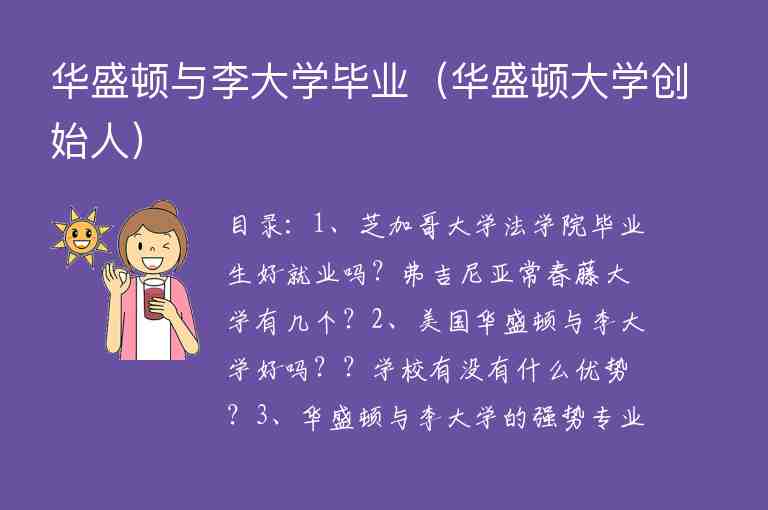震动(中文)是指物体因受到外力作用而产生的摆动或者振动的现象。这种现象可以是由于物体本身的结构或者性质,也可以是由外部因素引起的。在日常生活中,我们经常会遇到各种各样的震动,比如地震、机械振动、音乐节奏等。
Vibration (English) refers to the phenomenon of objects producing oscillations or vibrations due to external forces. This phenomenon can be caused by the structure or properties of the object itself, or by external factors. In daily life, we often encounter various types of vibrations, such as earthquakes, mechanical vibrations, and musical rhythms.
怎么读(音标)
震动 (zhèn dòng)
用法
1. 作为名词,指物体发生的摆动或者振动现象。
2. 作为形容词,形容某物具有强烈的振动感。
例句
1. The earthquake caused intense vibrations in the ground.
这次地震在地面上引起了强烈的震动。
2. The machine produces a lot of vibration when it is running.
这台机器运行时会产生很多振动。
3. The music has a strong vibration that can be felt in your chest.
这首音乐有一种强烈的震颤感,可以感受到它在胸腔中的影响。
4. The earthquake's vibrations were felt throughout the entire city.
地震的震动感受到了整个城市。
5. The phone vibrated in her pocket, indicating that she had received a message.
手机在她的口袋里震动,说明她收到了一条消息。
同义词及用法
1. 振荡 (zhèn dàng):指物体振动的频率和幅度不断变化。
2. 震颤 (zhèn chàn):指物体因受到外力作用而发生的剧烈摆动。
3. 抖动 (dǒu dòng):指物体快速地上下或者左右移动。
4. 震撼 (zhèn hàn):指强烈的冲击或者影响。
5. 摆动 (bǎi dòng):指物体来回往复地运动。
编辑总结
震动是一种常见的物理现象,它可以由内部因素或者外部因素引起。在日常生活中,我们可能会遇到各种各样的震动,从地震到手机的振动提醒。它也可以用作形容词来描述某物具有强烈的振动感。除了以上同义词外,还有许多其他词语可以用来描述不同类型的震动。在使用时,我们需要根据具体情况选择合适的词语,以准确地表达所想要表达的意思。

